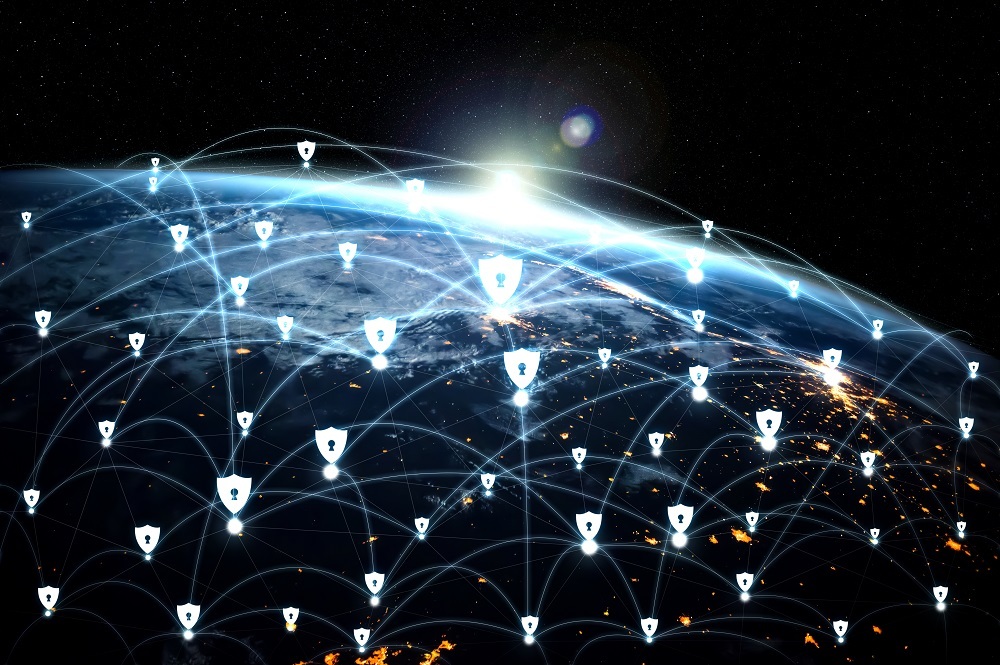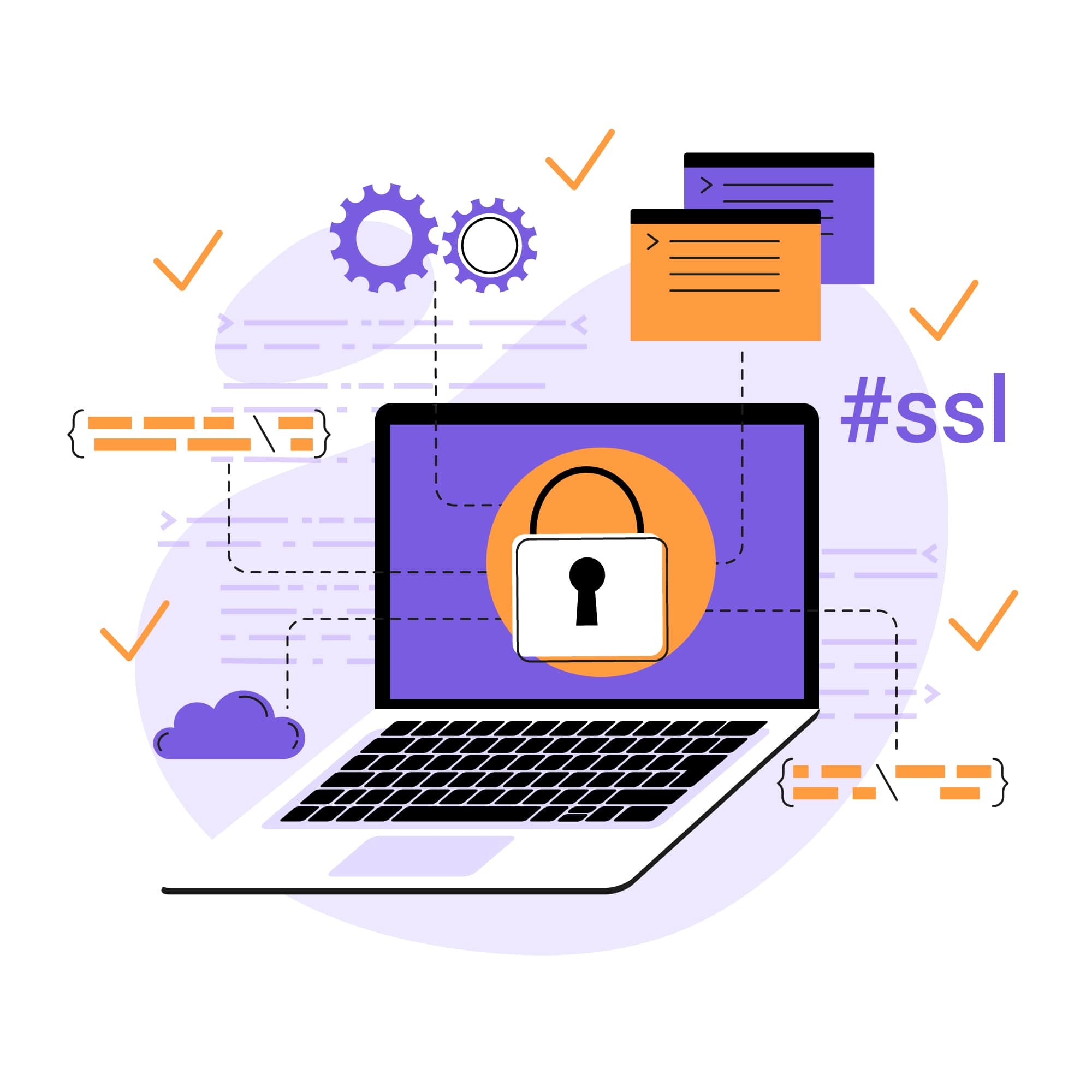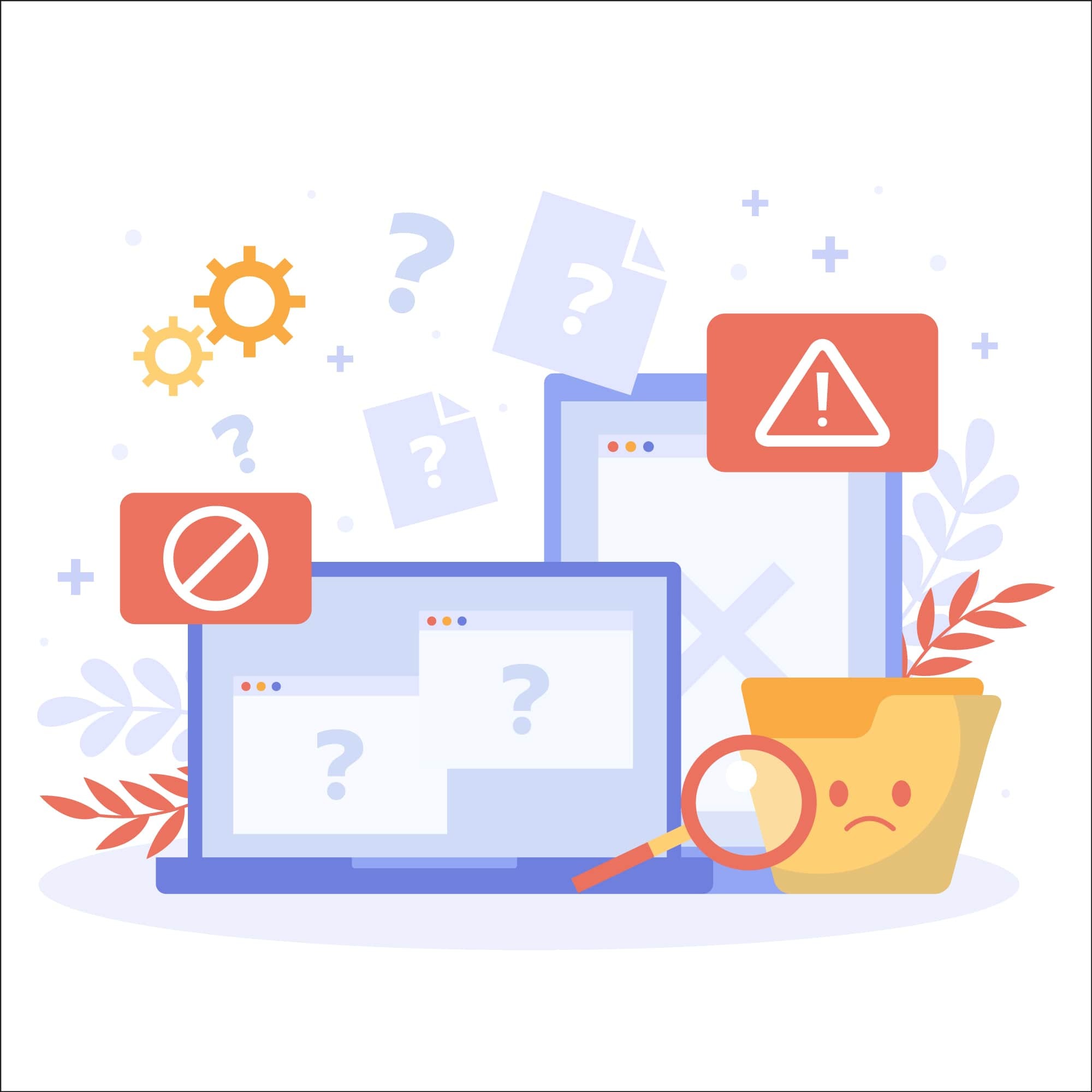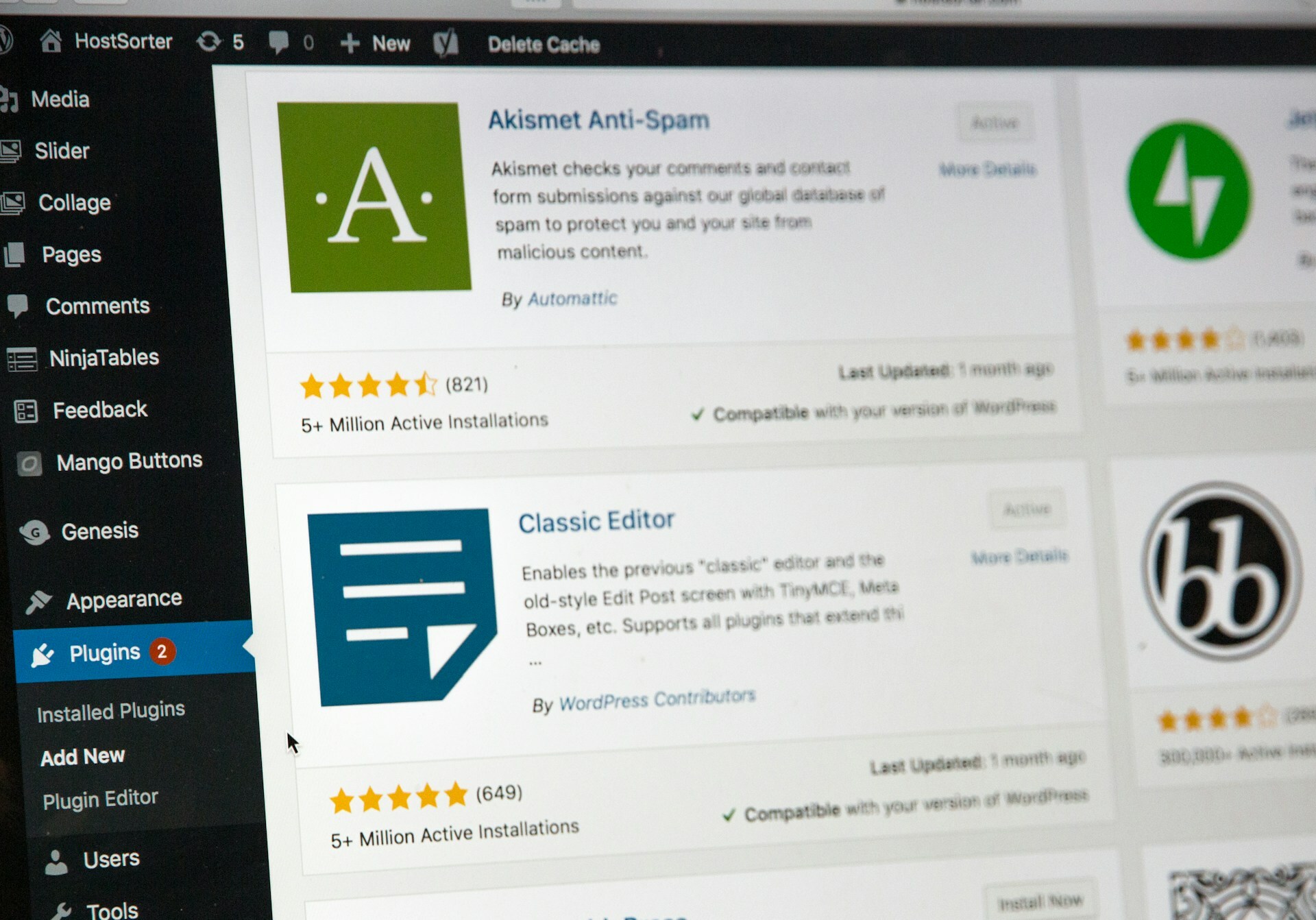
Why Website Security Matters To Your Customers
The importance of website security has never been greater. According to Statista, the local digital ad revenue generated in 2021 was about $61.5 billion. As such, cybercriminals are setting their sights on infiltrating websites to obtain critical data, especially for small to medium sized businesses. Addressing this reality requires solving new security problems—but that doesn’t mean you can rest on your laurels. Read on to learn about the importance of website security in the digital landscape, to help prepare your customers to be more secure and proactively protect their websites.
The Growing Importance Of Website Security
Cyber threats, data breaches, and ransomware continue to dominate media headlines. As the volume, sophistication and persistence of these threats continue to increase, the importance of website security has become a critical priority for today’s businesses.. For example, in 2020, malware attacks increased by 358% from the year prior while ransomware attacks increased by 435%, in part due to widespread remote work attracting unprecedented amounts of bad bot traffic.
Now more than ever, your customers need strong website security to maintain their brand’s reputation and integrity and prevent potentially devastating cyberattacks..
What Are The Different Types Of Website Security Threats?
There are numerous website security threats that reveal the overwhelming importance of website security to your customers. They include:
- Spam: These bothersome attacks damage customer relationships by filling the comments section of a website with links. Spam attempts to either redirect a website’s existing backlinks or plant new phishing links, both of which lead to dangerous malware.
- Phishing: This style of attack uses fake emails that seem as if they come from legitimate senders. These emails contain attachments and URLs that masquerade as friendly, appealing content, but in actuality are usually viruses that can do serious damage to a device, website, and data.
- Man-in-the-middle attacks: This is a form of malware attack where attackers establish fake wireless connections using name conventions that mimic well-known brands and businesses. These connections intercept digital communications, then steal critical information including login credentials and credit card numbers.
- Brute-force hacks: These are simple attacks which employ trial-and-error methods using username and password combinations to determine login credentials and gain access to confidential data.
- Denial-of-service attacks (DDoS): This is an attack that disrupts the operations of a website’s server and network through an overwhelming amount of web traffic hits. Resulting outages can last for days or even weeks, depending on the severity of the attack.
Why Does Website Security Matter To Your Customers?
The importance of website security is simple to your customers: more secure websites are better prepared to positively impact conversion rates, a key factor in any go-to-market strategy. If a website has a reputation for being non-secure, potential visitors won’t shop, transact, or refer to others, thus limiting the growth and success.
Your customers’ SEO efforts can also be damaged by poor website security. For example, content speed is a significant factor in how search engine algorithms rank a website, and malware injected into a website’s code can adversely affect load times—meaning a lack of security directly impacts SEO ranking. If your customers aren’t bolstering their website security, they have a significantly lower chance of being forwarded to users who aren’t familiar with them, but may be interested or searching for the goods and services they offer.
Another reason why customers should improve their website security is to earn users’ trust and see more conversions. By securing their websites, your customers can build their brand reputation and increase the likelihood of visitors recommending their goods and services to others. They can also add security credentials such as TrustSeal to their site to prove they take their visitors’ information and transaction safety seriously, as companies often must display a consistently high degree of website security to maintain active accreditations.
Understanding the fundamentals of website security is also critical as a trusted advisor. Make sure you’re educating your customers on the modern threat landscape by helping them understand how cybercrime can impact them, their business, as well as what they can do to be proactive about their website security efforts. At the end of the day, the importance of website security should be clear to every website owner and partner alike.
Secure Your Website, Secure Your Customer Base
As a trusted partner to your customers, you should always be staying on top of the latest in website security. Choosing a security vendor that offers modern web-based solutions tailored to the needs of you and your customers can empower lasting success, no matter the size of your business.
Now that you understand the importance of website security, discover the proven security benefits of partnering with SiteLock, a leader in website security.





